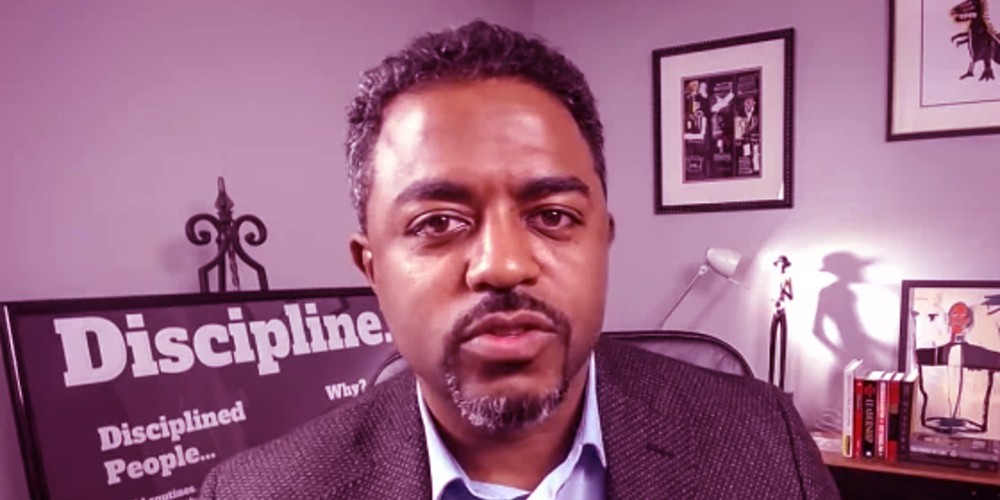Shamsud-Din Jabbar posted videos declaring his support for ISIS and drove a pickup truck with an ISIS flag into a crowd in New Orleans. By so clearly associating his murderous rampage with a recognized terrorist group, Jabbar could not have intended more clearly for the incident to be a terrorist attack. In response, FBI assistant special agent in charge Althea Duncan said at a press conference, “This is not a terrorist event… simply improvised explosive devices.”
The Washington Post’s headline was, “Truck rams New Orleans crowd,” and only mentioned ISIS ties in the second subheading. NPR, NBC, and ABC all ran articles about the attack without using the words “terror,” “Islamic,” or “Islamism,” opting not to specify exactly what sort of “attack” it was.
Evidently, law enforcement, in addition to the press, is fearful of naming the problem. The FBI did later state in a press release that it was investigating the incident as a “terrorist attack,” but they should never have hesitated to call it such. Fear of calling terrorism what it is is extremely problematic in and of itself and draws a strong parallel to the Harry Potter series.
For most of the Harry Potter series, very few characters aside from Harry can bring themselves to even say the name of the most dangerous wizard of all time—Voldemort—not unlike the small number of politicians and law enforcement spokespeople who call radical Islam and terrorism what they are. Even Harry’s professors who teach defense and employees of the Ministry of Magic, the governing body in Harry’s world, generally can’t bring themselves to say Voldemort’s name, at least above a whisper. But as Harry’s friend Hermione so wisely puts it, “Fear of a name only increases fear of the thing itself.”
Far too few members of U.S. government bodies are willing to say the words “radical Islamic terror” or even “terrorism.” As Westerners live comfortable, Western lives, perhaps they are less afraid of terror attacks themselves than the backlash that may result from accusations of “Islamophobia.” Even Muslim leaders of Muslim-majority countries who took action against violent Islam were censured by Foreign Policy magazine as “the world’s most powerful Islamophobes,” indicating that nobody is safe from accusation. […]
— Read More: amgreatness.com
What Would You Do If Pharmacies Couldn’t Provide You With Crucial Medications or Antibiotics?
The medication supply chain from China and India is more fragile than ever since Covid. The US is not equipped to handle our pharmaceutical needs. We’ve already seen shortages with antibiotics and other medications in recent months and pharmaceutical challenges are becoming more frequent today.
Our partners at Jase Medical offer a simple solution for Americans to be prepared in case things go south. Their “Jase Case” gives Americans emergency antibiotics they can store away while their “Jase Daily” offers a wide array of prescription drugs to treat the ailments most common to Americans.
They do this through a process that embraces medical freedom. Their secure online form allows board-certified physicians to prescribe the needed drugs. They are then delivered directly to the customer from their pharmacy network. The physicians are available to answer treatment related questions.


